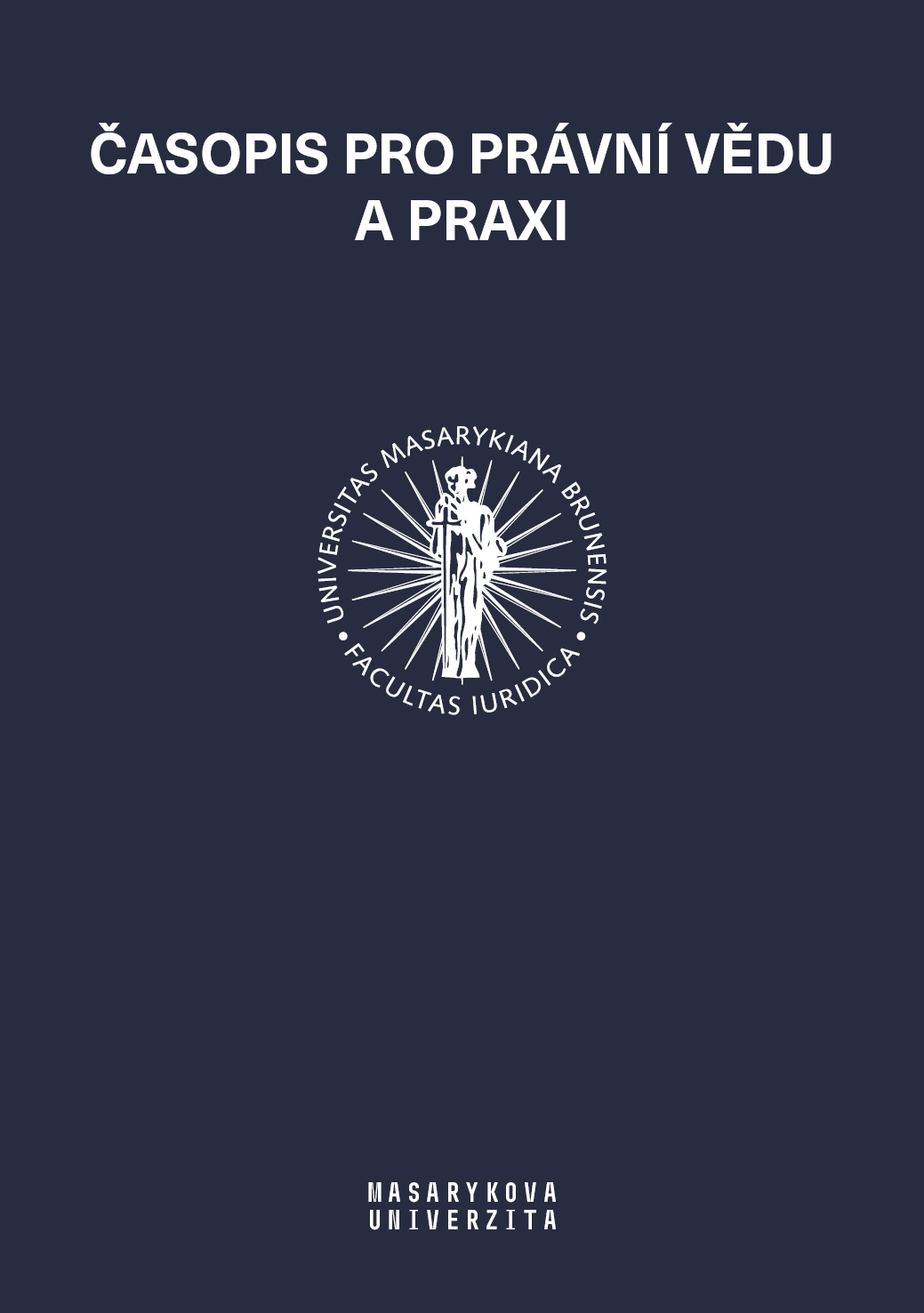Proces vnitrostátního projednávání mezinárodních smluv v ČR. 2. část. Problémy stávající úpravy a praxe
The Process of National Negotiation of International Treaties in the Country. 2nd Part. Problems Existing Regulation and Practices
Author(s): Jan Kysela, Jana Ondřejková, Pavel OndřejekSubject(s): Constitutional Law
Published by: Masarykova univerzita nakladatelství
Keywords: international treaties; negotiation process; Czechia; international agreements;
Summary/Abstract: The second part of the article deals specifically with the current situation in the Czech Republic of negotiation and expressing the state’s consent to be bound by international agreements.A model procedure of international agreement negotiation was outlined at the outset. One problem with this procedure is the plurality of sources of regulation, and the fact that certain key legal institutions of this procedure are not regulated by a law but rather by governmental resolutions. The role of major bodies in various stages of the negotiation procedure is assessed. The main part of the article deals with selected problems of the international agreements negotiation procedure.The problem of the concept of “negotiation” is initially mentioned. In some contexts of Czech practice, the term “negotiation” also includes “approval” of the international agreement; in other contexts, both concepts are distinguished.The practice of classification of international agreements is also mentioned. The Czech legal practice distinguishes between “presidential”, “governmental” and “ministerial” agreements. Furthermore, the authors discuss the increasingly common situation where one of the chambers of the Parliament approves the international treaty and the other does not. The solution of this situation is prima facie unclear in the absence of regulation.An interesting problem is the question of simplifying the procedure of approving international agreements which must be submitted to Parliament for approval. This situation is complex because of the fairly rigid constitutional requirement of Parliamentary approval. Finally, the authors discuss various issues connected with the ratification of international agreements, bringing them back to their initial considerations of the role of the president of the Czech Republic in the field of international agreement negotiations.
Journal: Časopis pro právní vědu a praxi
- Issue Year: 18/2010
- Issue No: 3
- Page Range: 224-238
- Page Count: 15
- Language: Czech

